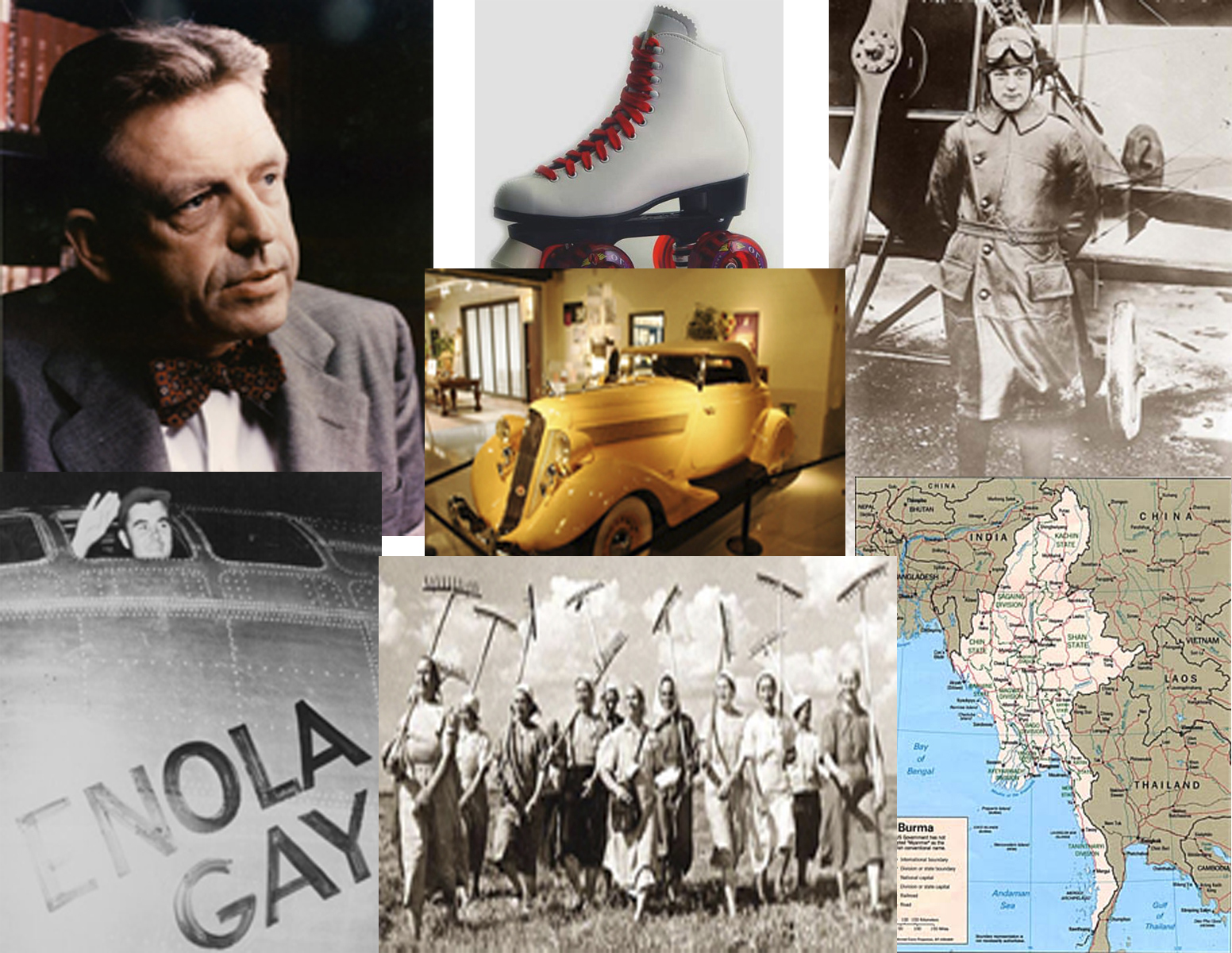111. Preservers of the Past: Indiana's County Historical Societies, 1995-1997 11 Interviews
Indiana University Center for the Study of History and Memory
This project contains interviews of members of Indiana county historical societies. The counties included are La Porte, Monroe, Noble, Jefferson, Wells, Randolph, Tippecanoe, Vigo, and Johnson. The interviewees discuss local history and the development of the historical society in their area. They describe society events, funding, exhibits, and publications. The members also describe their connections to their local history. They explain why they believe local history should be preserved and the role of the historical society.

